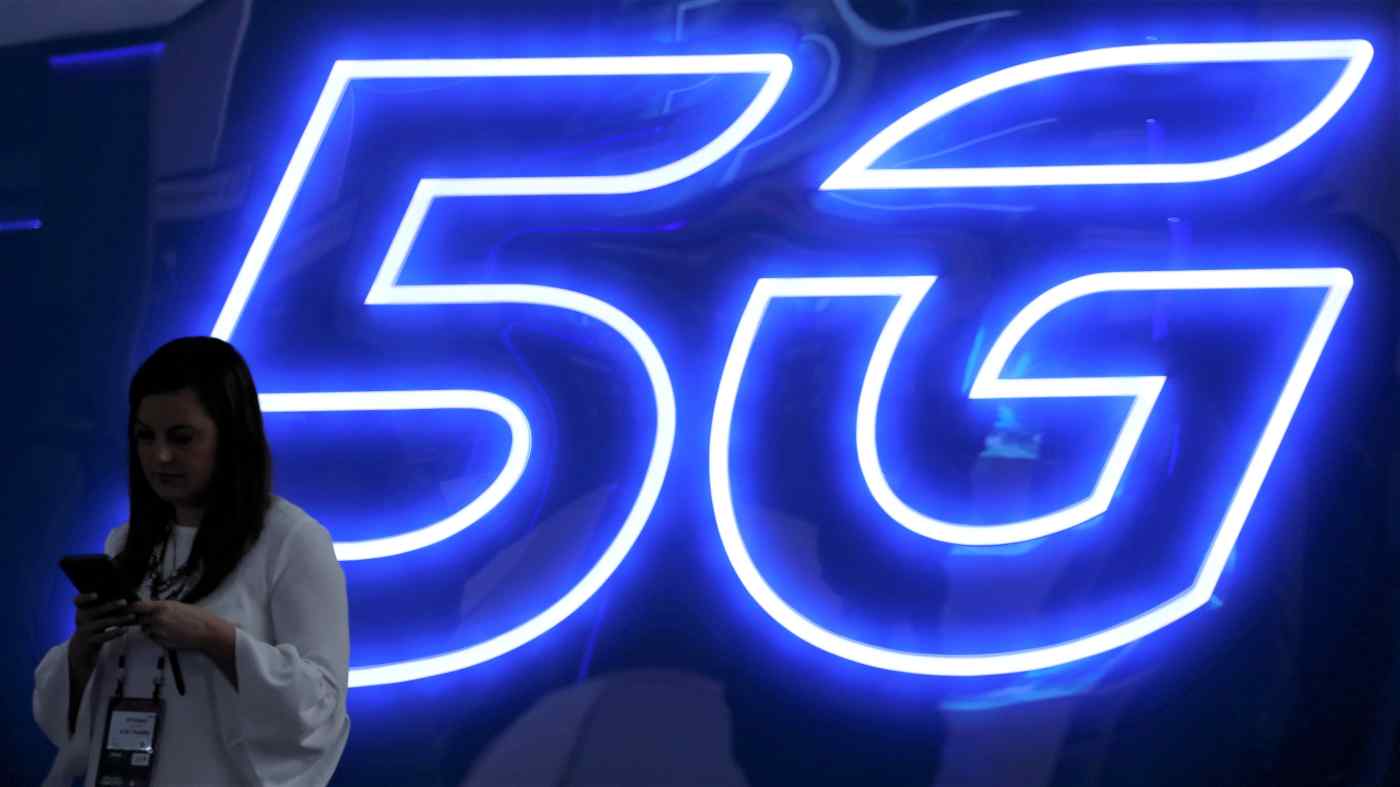Hot take: Malaysia’s amendments on cabotage policy on undersea cable placement and repairs are turning global tech giants off!
This week, Facebook and Google dropped an announcement containing plans for their APAC undersea cable that will connect Singapore, Japan, Guam, Indonesia, Taiwan, and the Philippines.
With an expected completion date in 2024, the 12,000-km cable named Apricot, is expected to boost connectivity within the region and provide up to 190 terabits per second (Tbps) of bandwidth.
The announcement on August 16, 2021 includes information on a crucial function of the new cable system: supplementing Google and Facebook’s upcoming Echo and Bifrost cables, which combined, will provide direct connections between the U.S. West Coast, Singapore, Indonesia, the Philippines, and Guam.

Vice president and head of Google Networking, Bikash Koley, said that the two cables will provide the tech giant with “unique routes through southern Asia, ensuring a significantly higher degree of resilience for Google Cloud and digital service.s.
The region’s increasing dependency on online and cloud-based services will benefit immensely from the undersea project that will drastically improve connectivity, and elevate internet quality in general.
Google’s official statement included that investments into connectivity infrastructure such as undersea cables equated to heightened economic activity.
The statement also pointed to a study on Google’s Asia Pacific (APAC) network infrastructure that revealed between 2010 and 2019, network investments had led to an additional US$430 billion in aggregate GDP, and more than 1.1 million extra jobs for the APAC region.
WHAT DOES THIS MEANS FOR MALAYSIA?
Local tech news site SoyaCincau pointed out what a massive missed opportunity this was for the country that is aiming to have the “most submarine cable landings in Southeast Asia by 2025.”
SoyaCincau also observed that Facebook and Google’s decision to leave Malaysia out of the project indicates an intentional snub that might have to do with Malaysia’s exasperating stance on cabotage policy, which governs the protocols regarding undersea cable placement and repairs.
Rubbing salt in the proverbial wound, Malaysia was also recently not included in development plans for the Echo and Bifrost cable projects. The Malaysia Internet Exchange (MyIX) did not mince words on the affront, and blamed our exclusion on the Malaysian government’s scrapping of exemptions put in place that’s meant for quicker and easier undersea cable repairs.

| Image Credit: Submarine Networks / Mashable SEA
The particular exemptions were introduced in April 2019 by the Pakatan Harapan government who were set on working with Malaysian telecommunications providers to spearhead submarine cable projects. Unfortunately, after the most recent Transport Minister — Wee Ka Siong — had the exemptions scrapped in 2020, cable repairs in Malaysia will take exponentially longer that the rest of her neighbours.
With no clear resolution in sight over of the uncertain future of our internet capabilities, MyIX and the National Tech Association of Malaysia (PIKOM) have expressed their concerns at the unresolved cabotage policy that is directly affecting Malaysia’s standing in the eyes of global tech players and foreign investors.
MyIX chairman Chiew Kok Hin urged in a statement for the policy to be addressed promptly to prevent further discrepancies and uncertainties regarding Malaysia among potential foreign investors and collaborators. A major concern for Malaysia having no involvement in such important projects puts the country at a disadvantage that will derail the transition to next-generation infrastructure, and keep the country from reaching economic competitiveness on the global stage.
“MyIX has learnt that five ministries are in favor of reinstating cabotage exemption for foreign vessels undertaking submarine cable repairs,” he said. “Multinational companies (MNCs) and foreign investors, some of which are MyIX members, are deeply concerned with the silence on the cabotage issue.”
This comes as another kick in the shin after a recent ranking of internet speeds placed Malaysia behind six other ASEAN nations, further highlighting just how much the country stands to benefit from being involved in projects such as Apricot, Echo, and Bifrost.
“This is unfortunate, as it further hinders data center investments by both local and global companies,” Chiew added.
“It also affects the overall internet experience for Malaysians and local businesses.”
The longest network cable in the world is the SEA-ME-WE 3 optical cable (Southeast Asia – Middle East – Western Europe), which is a staggering 39,000 km in length. This cable has two of its 39 landing points in Malaysia: Penang and Mersing.
"ExpatGo welcomes and encourages comments, input, and divergent opinions. However, we kindly request that you use suitable language in your comments, and refrain from any sort of personal attack, hate speech, or disparaging rhetoric. Comments not in line with this are subject to removal from the site. "



















